The Ken Kennedy Institute Leadership History

About Ken Kennedy (1945–2007)
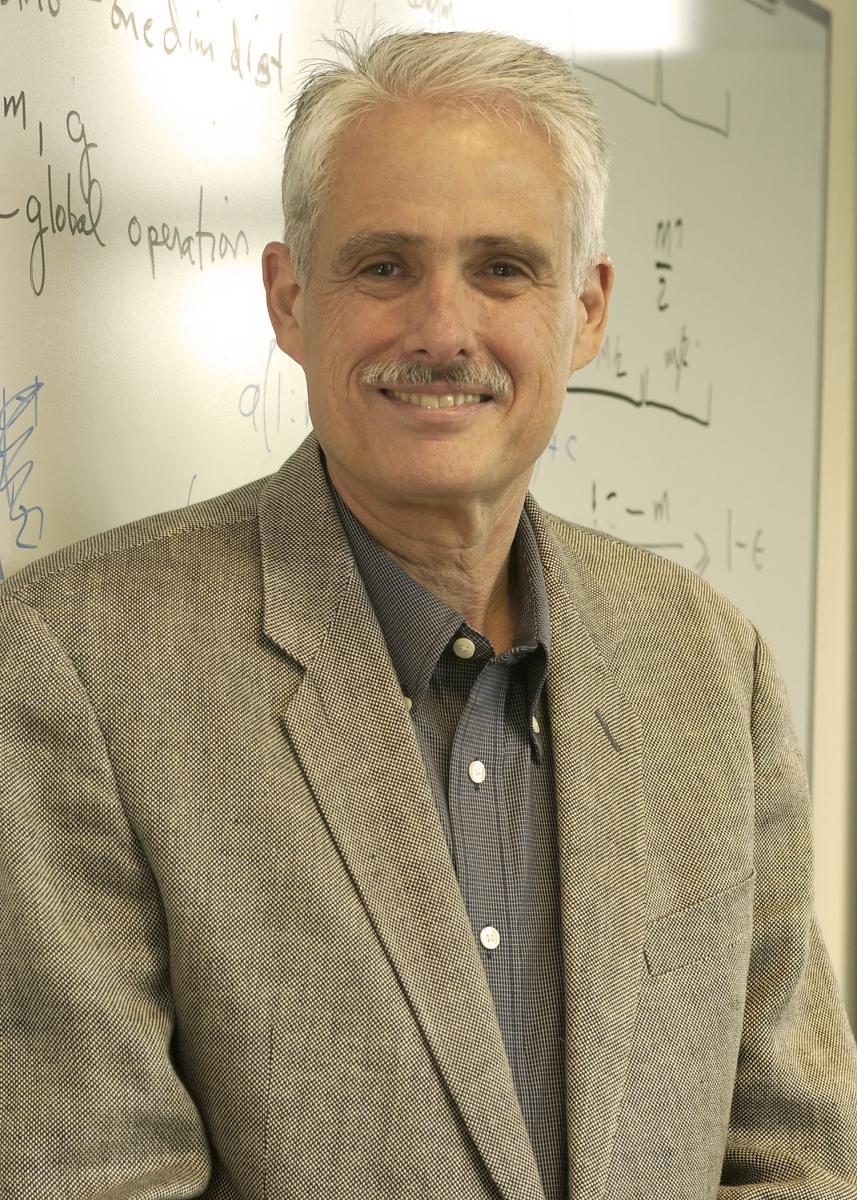
Ken Kennedy founded the Rice Computer and Information Technology Institute (CITI) in 1986 and served as its first director. CITI was later renamed in December 2007 in Ken Kennedy's honor, and continues to be known today as the Ken Kennedy Institute at Rice University. Ken Kennedy was one of the world's foremost experts in high performance computing. With his untimely death, on February 7, 2007, after a long battle with cancer, Rice University lost one of its great intellectual leaders. Now, nearly forty years later, the Ken Kennedy Institute is proud to continue a legacy of interdisciplinary collaboration and the pursuit of research excellence through a sustained focus on computing and a dedication to progressing Responsible AI.
-
Learn More About Ken Kennedy's Legacy
-
Dr. Kennedy attended Rice University, receiving a B.A. in mathematics (summa cum laude) in 1967. He pursued graduate studies at New York University, where he earned a M.S. in mathematics in 1969 and a Ph.D. in computer science in 1971. He returned to Rice University in 1971 to join the faculty of the Mathematical Sciences Department, rising to the rank of professor in 1980. He founded the Rice Computer Science Department in 1984 and served as its chair until 1988. He was named the Noah Harding Professor of Computer Science in 1985. In 1997, he became the first John and Ann Doerr Professor of Computational Engineering and, in 2002, he was promoted to University Professor. He directed the Center for High Performance Software Research (HiPerSoft), which continues to be the administrative home for several multi-institutional research projects.
In 1989, Kennedy established the Center for Research on Parallel Computation (CRPC), a NSF Science and Technology Center, and directed it throughout its lifetime. Kennedy directed the NSF-supported Virtual Grid Application Development Software (VGrADS) Project, a collaborative seven-institution research effort focused on application development support for computational grids. He served as the project director of the academic partner contract for the Los Alamos Computer Science Institute (LACSI), which is headquartered at Los Alamos National Laboratory.
Dr. Kennedy's research interests included parallel computing in science and engineering, scientific programming environments, and optimization of compiled code. He published two books and over two hundred technical articles on programming support software for high performance computer systems. Over his career, he supervised thirty-six Ph.D. dissertations and he directed the construction of several substantial software systems for programming parallel computers, including an automatic vectorizer for Fortran 77, an integrated scientific programming environment, compilers for Fortran 90 and High- Performance Fortran, and a compilation system for domain languages based on Matlab.
His research focused on new strategies for supporting high-level architecture-independent programming in science and engineering, with a particular emphasis on scalable parallel computers and the Grid. As director of the Telescoping Languages Project, he also worked on implementation strategies for high-level domain-specific programming languages.
Dr. Kennedy was elected to the National Academy of Engineering in 1990. He was named a Fellow of the AAAS in 1994 and of the ACM and IEEE in 1995. In 2005, he was elected to the American Academy of Arts and Sciences. In recognition of his achievements in compilation for high performance computer systems, he was honored as the recipient of the 1995 W. W. McDowell Award, the highest research award of the IEEE Computer Society. In 1999, he was named recipient of the ACM SIGPLAN Programming Languages Achievement Award. Dr. Kennedy's service to the national community includes time as member (1997-2001) and co-chair (1997-99) of the President's Information Technology Advisory Committee (PITAC). For his leadership in producing the PITAC report, "Information Technology Research: Investing in Our Future," he received the Computing Research Association Distinguished Service Award (1999) and the RCI Seymour Cray HPCC Industry Recognition Award (1999).
Remembering Ken Kennedy: Rice University, Computerworld, New York Times, and Ken Kennedy-Cray Inc. Graduate Fellowship Fund.
Leadership
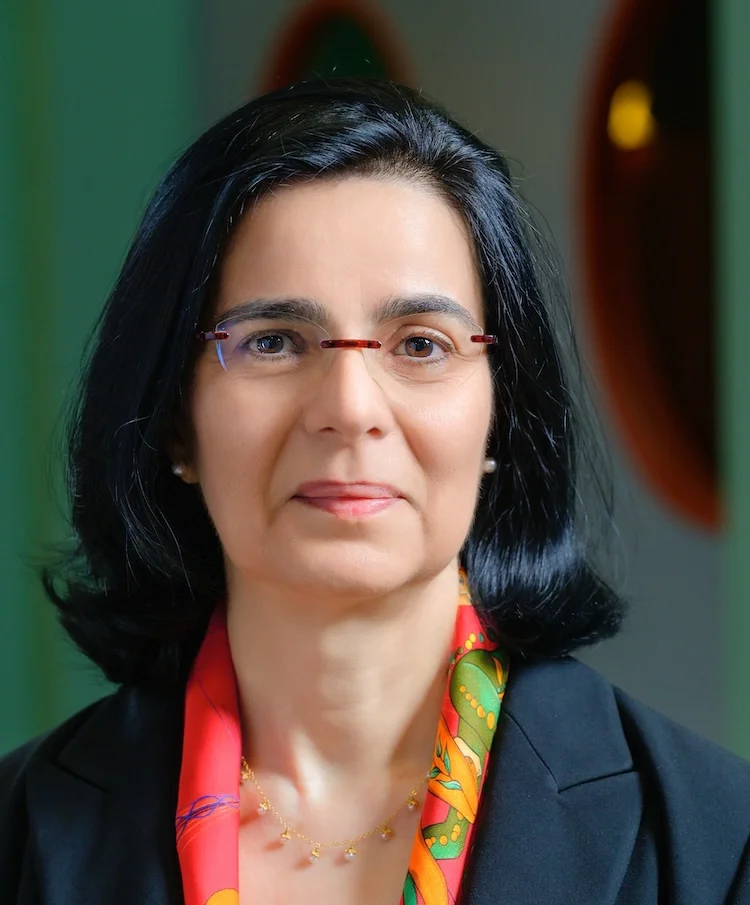
Lydia E. Kavraki
Director of the Ken Kennedy Institute (2020–Present)
University Professor; Kenneth and Audrey Kennedy Professor of Computing; Professor of Computer Science, Electrical & Computer Engineering, Mechanical Engineering, and Bioengineering | "my last name"@rice.edu
Lydia E. Kavraki is the the Director of the Ken Kennedy Institute, as well as the Kenneth and Audrey Kennedy Professor of Computing and professor of Computer Science, Electrical & Computer Engineering, Mechanical Engineering, and Bioengineering. Kavraki was also named University Professor in 2025, the highest faculty rank at RiceUniversity
Kavraki’s research develops the AI and the algorithmics needed to connect the digital to the physical world. She has two main areas of application for her research. In robotics, she develops methodologies for motion planning, machine learning and data science methods for reasoning under uncertainty, and multi-modal frameworks to instruct robots and collaborate with them. In computational biomedicine, she develops AI methods for understanding biomolecular interactions and aiding the design of new therapeutics.
Kavraki is a member of the National Academy of Engineering (NAE), the National Academy of Sciences (NAS), the National Academy of Medicine (NAM), and the American Academy of Arts and Sciences. She is also a member of Academia Europaea and the Academy of Athens. She has served the Academies in multiple roles, including serving as a vice-chair and chair of Section 1 of NAM, founding member of the Health and Technology Interest Group of NAM, and member of the Board of Mathematical Sciences and Analytics. She is the recipient of the ACM Grace Hopper Award, the ACM Athena Lecturer Award, the ACM-IEEE Allen Newell Award, the IEEE Robotics and Automation Society Pioneer Award, and the IEEE Frances E. Allen Medal. She is also a recipient of the Presidential Mentorship Award and the award for Excellence in Research, Teaching, and Service at Rice University.
-
View Director History
-
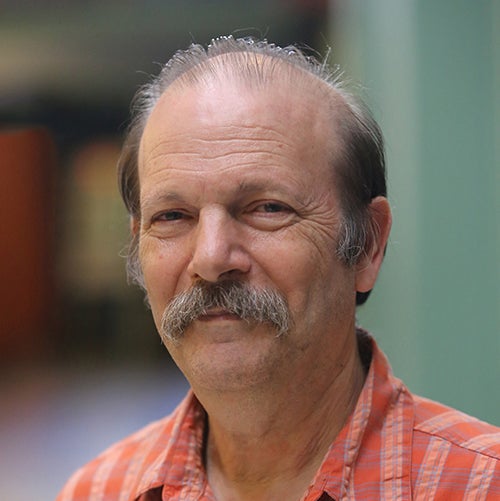
Moshe Y. Vardi
2001 to 2019, Director of the Ken Kennedy Institute for Information Technology
Karen Ostrum George Distinguished Service Professor in Computational Engineering, Professor of Computer Science | vardi@rice.edu
Moshe Y. Vardi is University Professor of Computer Science and Karen Ostrum George Distinguished Service Professor in Computational Engineering at Rice University, where he is also leading an Initiative on Technology, Culture, and Society. His interests focus on automated reasoning, a branch of Artificial Intelligence with broad applications to computer science, including machine learning, database theory, computational-complexity theory, knowledge in multi-agent systems, computer-aided verification, and teaching logic across the curriculum. Dr. Vardi was previously the Director of the Ken Kennedy Institute from 2001 to 2019.
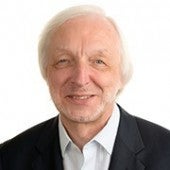
Willy Zwaenepoel
1998 to 2001, Director of the Computer and Information Technology Institute (CITI)
Professor and Dean of Engineering at the University of Sydney, and global leader in experimental computer science. Former Karl F. Hasselmann Professor of Computer Science and Electrical and Computer Engineering at Rice University | willy.zwaenepoel@sydney.edu.auWilly Zwaenepoel is a well-established global leader in experimental computer science research, with a particular interest in distributed systems and operating systems. Professor Zwaenepoel has been elected as a Fellow of both the Institute of Electrical and Electronics Engineers and the Association for Computing Machinery.
He was a key advisor to Nutanix from 2010 (currently valued at US$5.5 billion) and his research has led to two startups, iMimic and BugBuster, being acquired by Cisco. He has played a major role in attracting industry funding, including a Microsoft gift totalling 9 million Swiss francs (around AUD$12 million) to EPFL and ETH Zurich. He continues to advise several start-ups and is as a member of the board of ICTSwitzerland. Professor Zwaenepoel joined the faculty as Dean in July 2018.
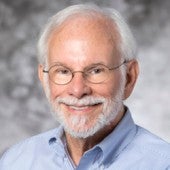
C. Sidney Burrus
1992 to 1998, Director of the Computer and Information Technology Institute (CITI)
Maxfield and Oshman Professor Emeritus, Electrical and Computer EngineeringC. Sidney Burrus conducted research in digital signal processing (DSP) for more than 30 years at Rice. His interests included digital filter design and implementation, and in efficient signal processing algorithms, with significant work done in both time and frequency domain specifications for FIR and IIR filters. The design methods used focused on efficient approximation algorithms, and the implementation used block processing, distributed arithmetic, and transform techniques. His recent work was on constrained least squared approximation, iterative reweighted least squares algorithms, and new exchange algorithms for Chebyshev approximations. The results of the DSP group's research on filter design are used in commercial filter design systems and are described in Burrus' book on digital filter design.
In addition to DSP research, Dr. Burrus was interested in the use of technology to teach and facilitate learning. He and five colleagues at other universities published a book of exercises using Matlab (from MathWorks) to teach DSP. He was a part of the Connexions Project since its founding in 1999, later serving as its Senior Strategist. He was an associate of both Will Rice College and Lovett College.
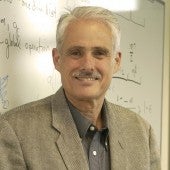
Ken Kennedy
1986 to 1992, Director of the Computer and Information Technology Institute (CITI)Ken Kennedy was a professor and founder of Rice University's nationally ranked computer science program, the Computer and Information Technology Institute (CITI), now the Ken Kennedy Institute, and was one of the world's foremost experts in high-performance computing.
Kennedy's research interests included parallel computing in science and engineering, scientific programming environments, and optimization of compiled code. His work falls into four main project areas: the Telescoping Languages Project; the Grid Application Development Programming Tools effort; research on Compilers and Tools for Scalable Scientific Computing; and the Massively Scalar Compiler Project. The Center for High Performance Software Research (HiPerSoft) is a research development center that specializes in leading and managing cross-institutional, multidisciplinary research consortia, primarily in software for high performance computing. From 1989 to 2000, Kennedy directed (with management support from HiPerSoft) the Center for Research on Parallel Computation (CRPC), one of the first National Science Foundation Science and Technology Centers. He directed four ongoing multi-institutional consortia: the Los Alamos Computer Science Institute (LACSI); the NSF-sponsored Virtual Grid Application Development System (VGrADS) project; the Gulf Coast Center for Computational Cancer Research (GC4R); and the Houston BioGrid consortium.
Executive Director
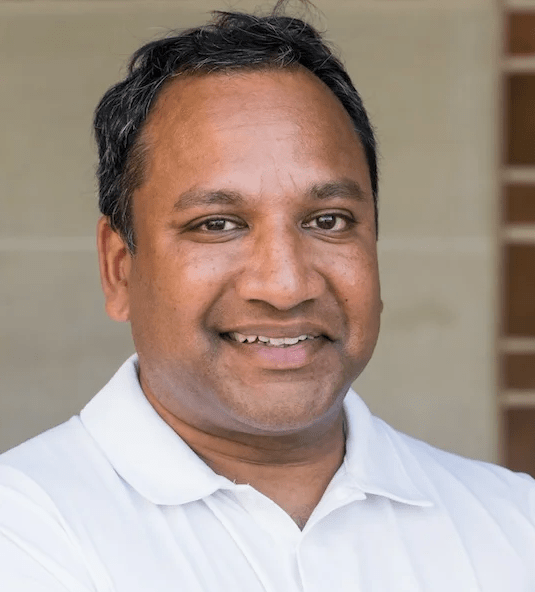
David Pynadath, PhD
Executive Director for Research Initiatives (2024–Present)
David Pynadath, Ph.D. joined Rice University November 2024 as the Ken Kennedy Institute's Executive Director for Research Initiatives. Dr. Pynadath comes to Rice from the Institute for Creative Technologies (ICT), a DoD University Affiliated Research Center (UARC) sponsored by the US Army at the University of Southern California. Since 2014, he has been Director for Social Simulation Research at ICT. He has also been a research assistant professor at USC’s Department of Computer Science where he taught classes in Applied Machine Learning and Data Mining and Foundations of AI. He completed his undergraduate degrees at MIT and his Ph.D. at the University of Michigan, Ann Arbor. Dr. Pynadath has extensive research in computing, AI, human-machine teaming, and social simulation with a proven track record of funding from federal funding agencies. At Rice, Dr. Pynadath supports the Responsible AI and Computing research efforts of the Ken Kennedy Institute. His activities consist of identifying and supporting research funding, including developing proposals, in line with the interests and ambitions of the Institute’s members; building internal and external collaborations with state and federal agencies, industry, foundations, philanthropic entities, universities, the Texas Medical Center and other relevant organizations; and supporting the member, community, and outreach activities of the Ken Kennedy Institute.
-
View Executive Director History
-
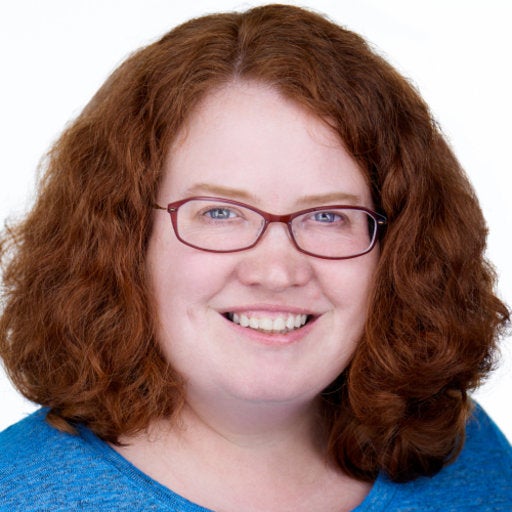
Angela Wilkins
2020 to 2024, Executive Director of the Ken Kennedy InstituteAngela Wilkins served as the Executive Director of the Ken Kennedy Institute from 2020 to 2024, leading the development and implementation of Ken Kennedy Institute’s programs in the computational sciences. After earning a Ph.D. in theoretical physics from Lehigh University, she shifted her focus to computational biology and spent nine years at Baylor College of Medicine as a researcher and instructor. She later served as director of clinical research at the nonprofit Center for Science & Law, and in 2017 founded Mercury Data Science, a boutique consultancy to help early stage companies solve data science problems. She was previously chief scientist of Mercury Fund, a Houston venture capital group, advising on artificial intelligence-related investments. Wilkins holds four patents, has been involved in several federally funded projects and has been published extensively.
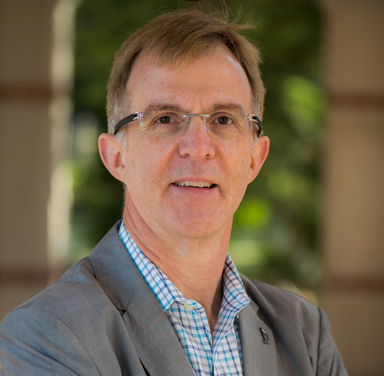 Jan Odegard
Jan Odegard
2002 to 2020, Executive Director of the Ken Kennedy InstituteJan Odegard served 18 years as Executive Director of Rice’s Ken Kennedy Institute and four years as associate Vice President for Research Computing. Odegard worked closely with Kavraki and the former director of the institute, Moshe Vardi, to grow membership from 100 to more than 175, secure both public and private funding to support high performance computing (HPC) and computational science and engineering, and lead the development of an innovative model to better provide and support HPC research services across campus. Odegard was also the driving force behind the Oil & Gas HPC Conference at Rice University — an annual meeting that began as a workshop with 150 participants in spring 2008 and quickly grew to one of the largest annual meetings at Rice, now averaging 500 attendees — as well as the annual Ken Kennedy Institute Data Science Conference at Rice University that launched in fall 2017.
In 2020, Odegard joined the leadership team at the Ion, the future hub of a 16-acre innovation and technology district, as Senior Director for Industry and Academic Partnerships. His duties included overseeing the facility’s laboratories and a 10-member network of academic partners that includes Rice, the University of Houston, UH Downtown, Texas Southern University, South Texas College of Law, the University of St. Thomas, Houston Baptist University, Houston Community College, San Jacinto College and Lone Star College.
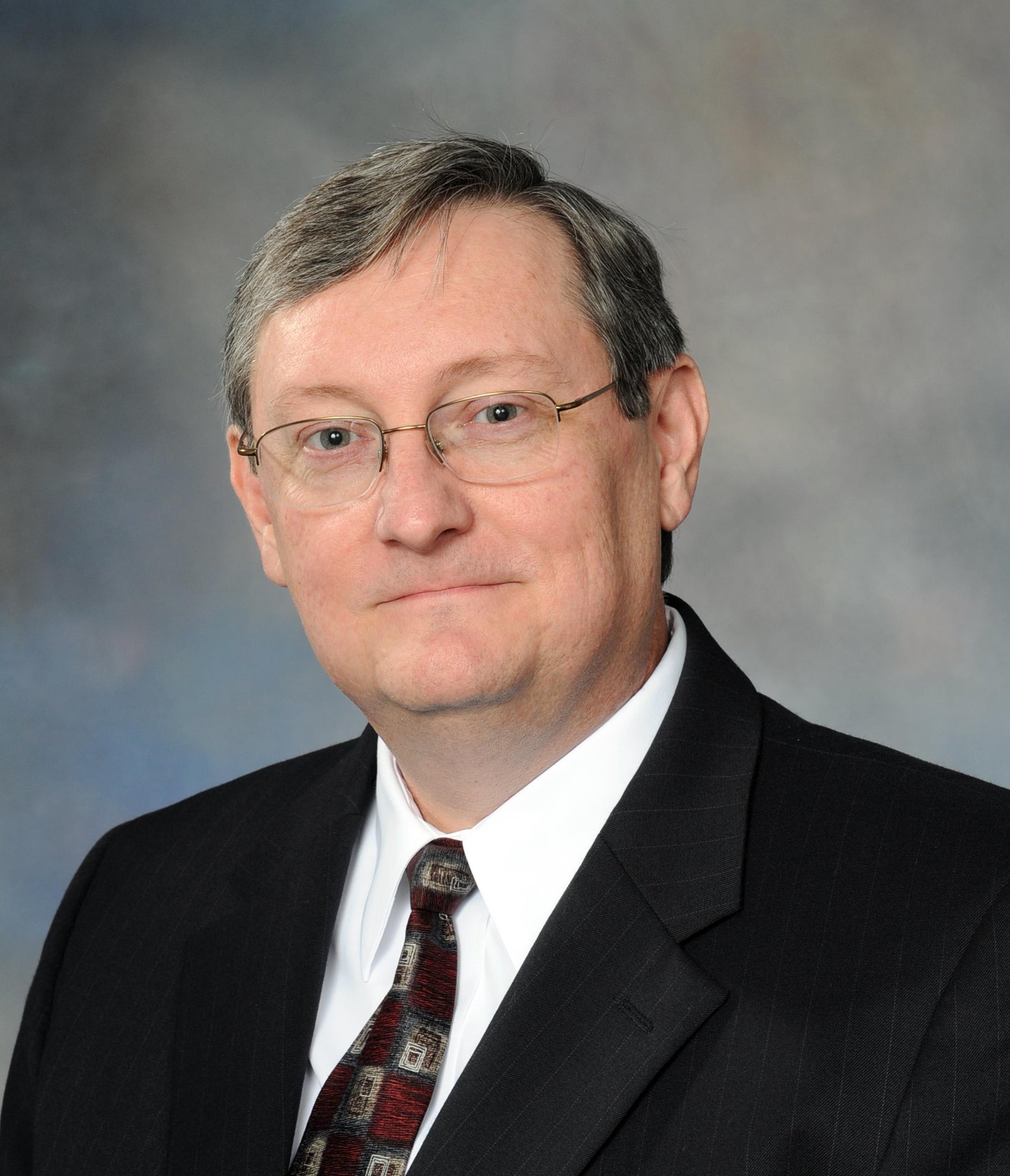
Anthony (Tony) J. Elam
1996 to 2002, Executive Director of the Computer and Information Technology Institute (CITI)Tony Elam joined Rice as the executive director of the Computer and Information Technology Institute (CITI) and was eventually appointed Associate Dean of Engineering for Research, a position that he held for seven years. He was instrumental in expanding the university’s relationship and involvement with Los Alamos National Lab and the Texas Medical Center. Mr. Elam had nineteen years experience in the computing industry with IBM, and his industrial projects included the NASA Earth Observing DOE Superconducting Super Collider, and the DOD Joint Training Analysis Simulation Center. He is also well-known for his collection of non-computer games, one of the largest collections in the U.S. Mr. Elam worked as the Executive Director for Strategic Initiatives at Baylor College of Medicine, and worked in the Office of the Sr. Executive VP and Executive Dean.
